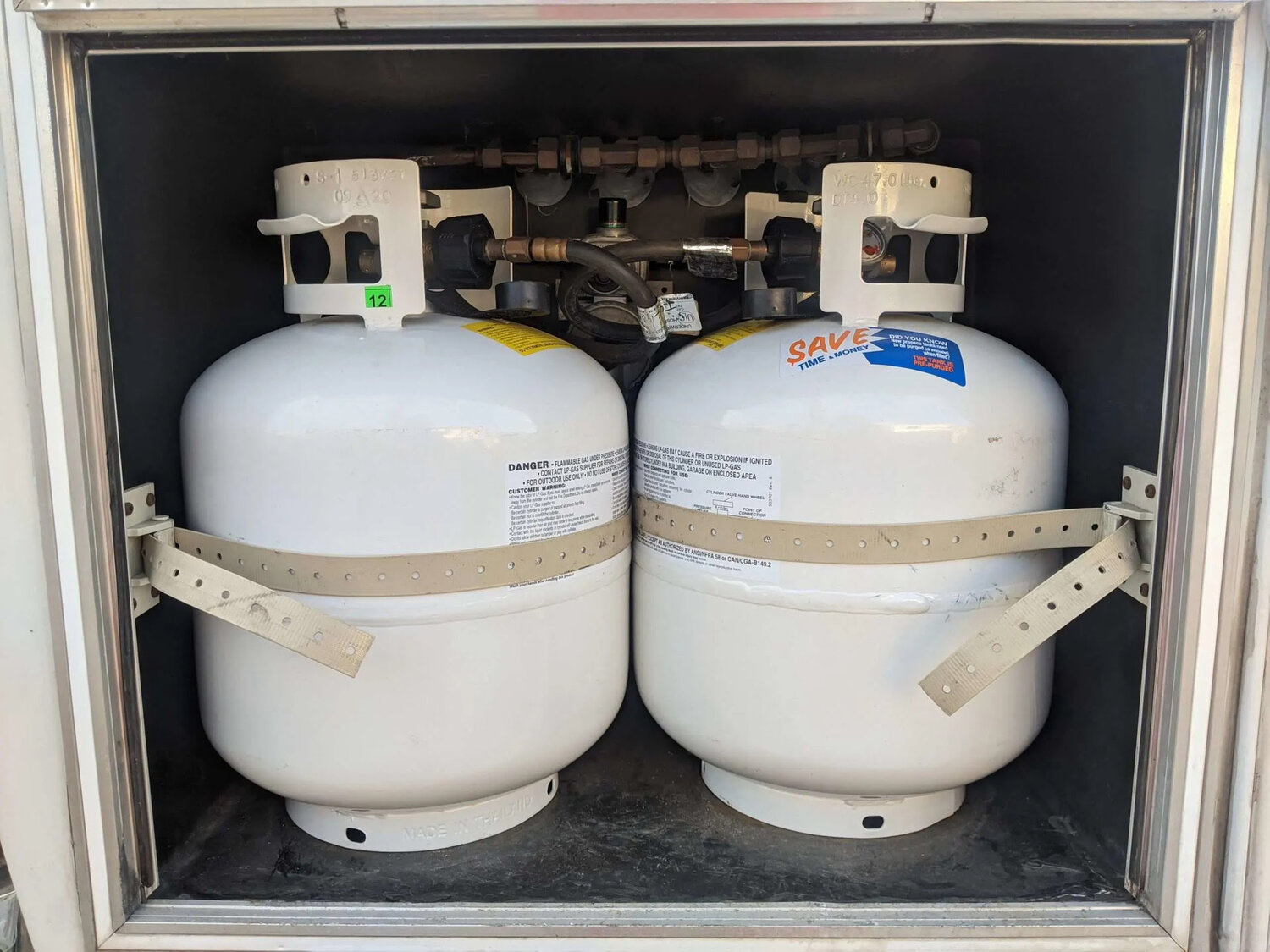

Articles
How To Store Camping Propane Tanks
Modified: February 27, 2024
Learn how to properly store camping propane tanks with these informative articles. Ensure safety and longevity of your tanks for future adventures.
(Many of the links in this article redirect to a specific reviewed product. Your purchase of these products through affiliate links helps to generate commission for Storables.com, at no extra cost. Learn more)
Introduction
Camping is a popular outdoor activity that offers a chance to disconnect from the hustle and bustle of daily life and embrace the beauty of nature. One essential item for any camping trip is a propane tank, which is used for cooking, heating, and powering various camping appliances. Properly storing your camping propane tanks is crucial for safety reasons and to ensure that they remain in good condition for future use.
In this article, we will guide you on how to store camping propane tanks effectively and safely. We will explore various safety precautions, choosing the ideal storage location, cleaning and preparing the tanks for storage, storing them indoors and outdoors, offering tips for long-term storage, and concluding with a summary of key takeaways.
Let’s delve into the details and discover the best practices for storing your camping propane tanks.
Key Takeaways:
- Safely store camping propane tanks by keeping them upright, inspecting for damage, and choosing well-ventilated storage locations. Prioritize safety to enjoy worry-free outdoor adventures.
- Prepare camping propane tanks for storage by emptying them, cleaning, and protecting the valves. Regularly inspect and label tanks for long-term maintenance and safety.
Read more: How To Store A Propane Tank
Safety Precautions
When it comes to storing camping propane tanks, safety should always be the top priority. Propane is a highly flammable gas that, if mishandled, can lead to accidents and potentially dangerous situations. Follow these safety precautions to ensure the well-being of yourself and others:
- Keep tanks upright: Always keep your propane tanks in an upright position. This helps prevent any potential leaks and ensures the valves are protected.
- Inspect for damage: Before storing your propane tanks, carefully inspect them for any signs of damage, such as dents, cracks, or corroded parts. Do not use damaged tanks and seek professional assistance if needed.
- Store in a well-ventilated area: Choose a storage location with proper ventilation to prevent the buildup of propane fumes. Avoid storing tanks in confined spaces or near heat sources.
- Keep away from ignition sources: Propane is highly combustible, so it’s essential to keep your tanks away from open flames, sparks, electrical appliances, or any potential sources of ignition.
- Don’t store indoors near living spaces: While it’s essential to store propane tanks indoors in certain situations, avoid storing them near living spaces such as bedrooms, kitchens, or basements. Instead, designate a well-ventilated and separate storage area.
- Secure tanks: Ensure that your propane tanks are securely stored to prevent them from tipping over or falling. Use straps or holders specifically designed for propane tank storage.
- Keep away from children and pets: Store your propane tanks in a location that is out of reach for children and pets. Educate your family members on the potential hazards of propane and the importance of practicing safety measures.
By following these safety precautions, you can minimize the risks associated with storing camping propane tanks and enjoy a worry-free camping experience.
Choosing a Storage Location
When selecting a storage location for your camping propane tanks, there are a few key factors to consider. These include safety, accessibility, and environmental conditions. Here are some guidelines to help you choose the ideal storage spot:
- Avoid high-temperature areas: It’s important to keep your propane tanks away from excessive heat sources. Choose a storage location that is cool and well-ventilated.
- Consider proximity to your camping area: If you frequently go camping, it’s convenient to choose a storage location that is easily accessible for transporting the tanks to and from your campsite.
- Avoid areas prone to moisture: Moisture can cause rust and corrosion on propane tanks. Select a location where the tanks can be protected from rain, snow, or humidity.
- Check local regulations: Some areas may have specific regulations regarding where and how you can store propane tanks. Make sure to familiarize yourself with any relevant local guidelines.
- Consider security: If you have concerns about the safety of your propane tanks, choose a storage location that is secure and inaccessible to unauthorized individuals.
Based on these considerations, a potential storage location could be a well-ventilated shed, garage, or dedicated storage cabinet. Remember to keep your tanks upright and ensure there’s enough space to prevent them from tipping over. If storing the tanks indoors, take extra precautions to ensure ventilation and avoid storing them near living spaces.
By carefully choosing a storage location that meets safety requirements and protects your tanks from environmental factors, you can extend their lifespan and ensure they are ready for use when needed.
Cleaning and Preparing Tanks for Storage
Before storing your camping propane tanks, it’s essential to clean and prepare them properly. This helps prevent any potential issues and ensures that the tanks remain in good condition during storage. Follow these steps to clean and prepare your tanks:
- Empty the tanks: Before cleaning, make sure to use up all the propane in your tanks. Connect the tanks to a camping appliance and let it run until the gas is completely depleted.
- Disconnect and purge: Once the tanks are empty, disconnect them from the appliances and remove any regulator or hose attached to them. Open the valve briefly to release any remaining gas. This purging step is crucial for safety purposes.
- Inspect for leaks: Check for any signs of leaks by applying a solution of soapy water to the valves and connections. If you see bubbles forming, it indicates a leak. In this case, do not store the tank and seek professional assistance.
- Clean the tanks: Use a mild detergent and warm water to clean the exterior of the tanks. Gently scrub any dirt or grime, and rinse thoroughly. Do not use abrasive cleaners or solvents, as they can damage the tank’s exterior.
- Dry the tanks: After cleaning, ensure that the tanks are completely dry before storing them. Moisture can cause rust and corrosion, so it’s important to allow the tanks to air dry before placing them in storage.
- Protect the valves: To prevent dust or debris from entering the valves, consider using valve caps or covers. This extra protection helps maintain the integrity of the valves during storage.
By following these steps, you can ensure that your camping propane tanks are clean, free of gas, and ready for storage. Proper cleaning and preparation go a long way in preserving the tanks and prolonging their lifespan.
When storing camping propane tanks, make sure to keep them in a well-ventilated area away from heat sources and direct sunlight. Store them in an upright position and away from any potential damage or impact.
Storing Tanks Indoors
Storing camping propane tanks indoors can provide an extra layer of protection from the elements and potential theft. Follow these guidelines to safely store your tanks indoors:
- Choose a well-ventilated area: When storing propane tanks indoors, it’s crucial to select a location with proper ventilation. Ensure that the area has adequate air circulation to prevent the buildup of potentially hazardous propane fumes.
- Keep tanks upright: Store your propane tanks in an upright position to prevent any leaks. Make sure they are secure and cannot tip over.
- Avoid living spaces: If possible, store propane tanks away from areas where people reside, such as bedrooms, kitchens, or basements. Designate a separate storage area to ensure the safety of your household.
- Consider using a storage cabinet: To provide additional protection and organization, invest in a dedicated propane tank storage cabinet. These cabinets are specifically designed to safely store propane tanks indoors.
- Keep away from ignition sources: When storing propane tanks indoors, make sure they are kept far away from any ignition sources, such as open flames, electrical appliances, or heat sources.
- Install gas leak detectors: For added safety, consider installing gas leak detectors near your propane tank storage area. These detectors can provide an early warning in case of any potential leaks.
By adhering to these guidelines, you can safely store your camping propane tanks indoors, protecting them from the elements and maintaining a high level of safety.
It’s important to regularly inspect your tanks while in storage to check for any signs of damage, such as corrosion or leaks. If you notice any issues, consult a professional before using the tanks again.
Read more: How To Store Propane Tanks Outside
Storing Tanks Outdoors
When storing camping propane tanks outdoors, it’s crucial to consider environmental factors that can impact their condition and safety. Follow these guidelines to store your tanks outdoors effectively:
- Select a dry and well-ventilated area: Choose a location that is dry and well-ventilated to prevent moisture buildup and rust. Consider using a storage shed or a dedicated outdoor storage cabinet.
- Keep tanks upright: Always store your propane tanks in an upright position to prevent any leaks. Ensure that they are securely placed and cannot topple over.
- Protect from direct sunlight: Exposure to direct sunlight for extended periods can cause the propane tanks to overheat. To avoid this, select a storage location that offers shade or use a cover to shield the tanks from direct sunlight.
- Elevate the tanks: Consider elevating the tanks off the ground, especially if the storage area is prone to pooling water or flooding. This helps prevent water damage and corrosion on the tanks.
- Secure the tanks: Protect your propane tanks from theft or tampering by using a lock or security measures, particularly if you are storing them in an area accessible to the public.
- Check regularly for damage: Regularly inspect your tanks for any signs of damage or leaks while they are in outdoor storage. Keep an eye out for rust, dents, or any abnormalities. If you notice any issues, consult a professional before using the tanks again.
While storing tanks outdoors provides convenience and accessibility, it’s crucial to remain vigilant and ensure their safety. Keep in mind that extreme weather conditions, such as heavy rain, snow, or high temperatures, can impact the integrity of the tanks. Regularly check the storage area and the tanks themselves to ensure they are in good condition.
By following these guidelines, you can safely and effectively store your camping propane tanks outdoors, ensuring their longevity and usability for future camping adventures.
Tips for Long-Term Storage
When storing camping propane tanks for long periods, such as during the off-season, it’s essential to take additional precautions to ensure their safety and functionality. Here are some tips for long-term storage of propane tanks:
- Label and keep records: Before storing your propane tanks, label them with the date of purchase or last inspection. This helps you keep track of their age and maintenance history.
- Safely store spare tanks: If you have spare propane tanks, store them in a separate location from the tanks currently in use. This way, you can rotate the tanks and ensure they are all used consistently.
- Keep tanks away from combustible materials: When storing propane tanks, ensure they are kept away from any combustible materials such as gasoline, paints, or other flammable substances. This prevents potential accidents or fires.
- Perform regular inspections: Regularly inspect your propane tanks while in storage. Check for any signs of damage, corrosion, or leaks. If you notice any issues, consult a professional before using the tanks again.
- Consider pressure relief valve testing: Over time, the pressure relief valves in propane tanks can become less effective. Consider having the valves tested periodically by a professional to ensure they are functioning properly.
- Protect tanks from extreme temperatures: Extreme temperatures can affect the performance and safety of propane tanks. Store them in a location that is protected from freezing temperatures or excessive heat.
- Do not store tanks indoors without ventilation: If you choose to store propane tanks indoors for long periods, make sure there is proper ventilation to prevent the buildup of fumes. Follow the safety guidelines mentioned earlier for storing tanks indoors.
By following these tips, you can ensure that your camping propane tanks are properly maintained and preserved during long-term storage. Regular inspections and proper safety measures will help keep the tanks in good condition and ready for use when you need them.
Conclusion
Properly storing your camping propane tanks is crucial for safety reasons and to maintain their functionality for future use. By following the guidelines and tips provided in this article, you can ensure that your tanks are stored safely and effectively, whether indoors or outdoors.
Remember to prioritize safety precautions, such as keeping tanks upright, inspecting for damage, and storing them in well-ventilated areas. Consider the specific requirements for your storage location, choose a dry and secure space, and protect the tanks from extreme temperatures.
Furthermore, cleaning and preparing your tanks before storage will help prevent issues and extend their lifespan. Empty the tanks of any gas, inspect them for leaks, and clean the exterior to remove dirt or grime.
Whether you store your tanks indoors or outdoors, be diligent in checking them regularly for any signs of damage or issues. Keep records of their maintenance history and label them appropriately to track their age.
By following these best practices for storing your camping propane tanks, you can enjoy a safe and worry-free camping experience. Always prioritize safety and take the necessary precautions to protect yourself, your family, and your camping equipment.
Now you’re ready to store your camping propane tanks with confidence and ensure they remain in excellent condition for your next adventurous outdoor getaway!
Frequently Asked Questions about How To Store Camping Propane Tanks
Was this page helpful?
At Storables.com, we guarantee accurate and reliable information. Our content, validated by Expert Board Contributors, is crafted following stringent Editorial Policies. We're committed to providing you with well-researched, expert-backed insights for all your informational needs.
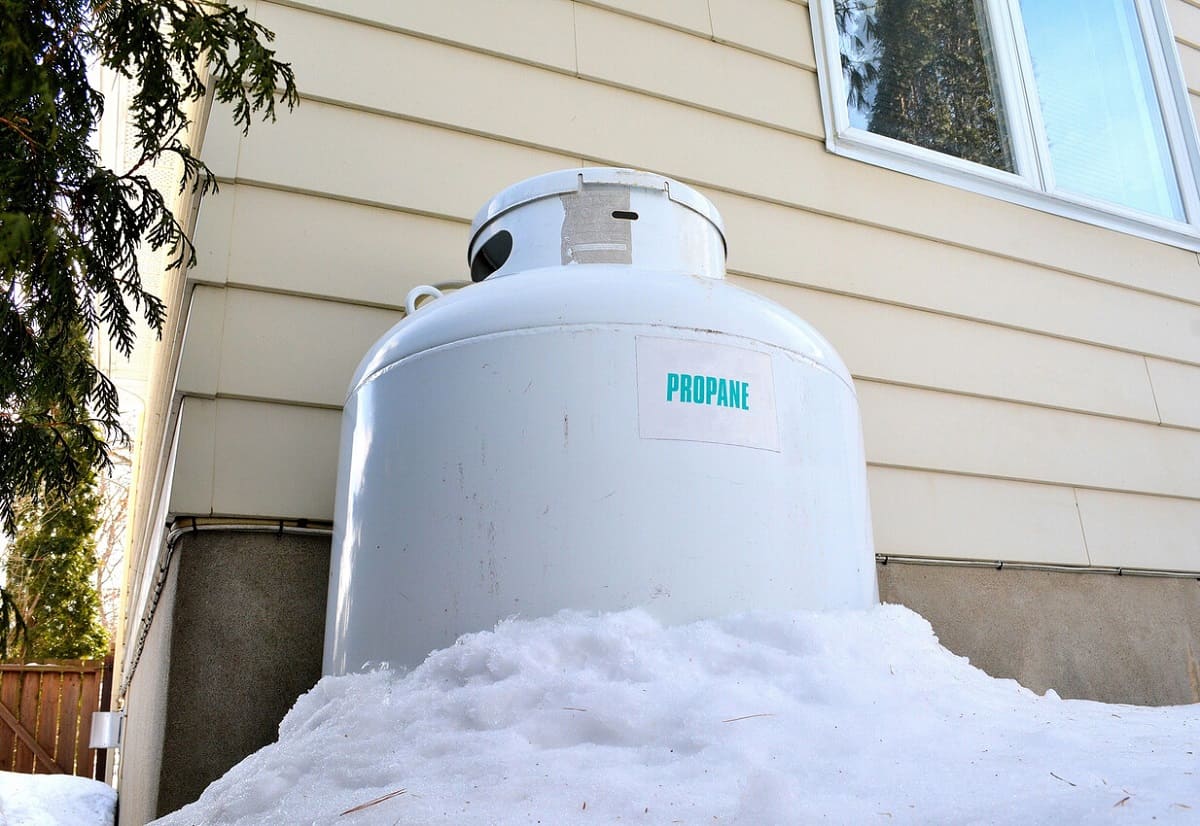
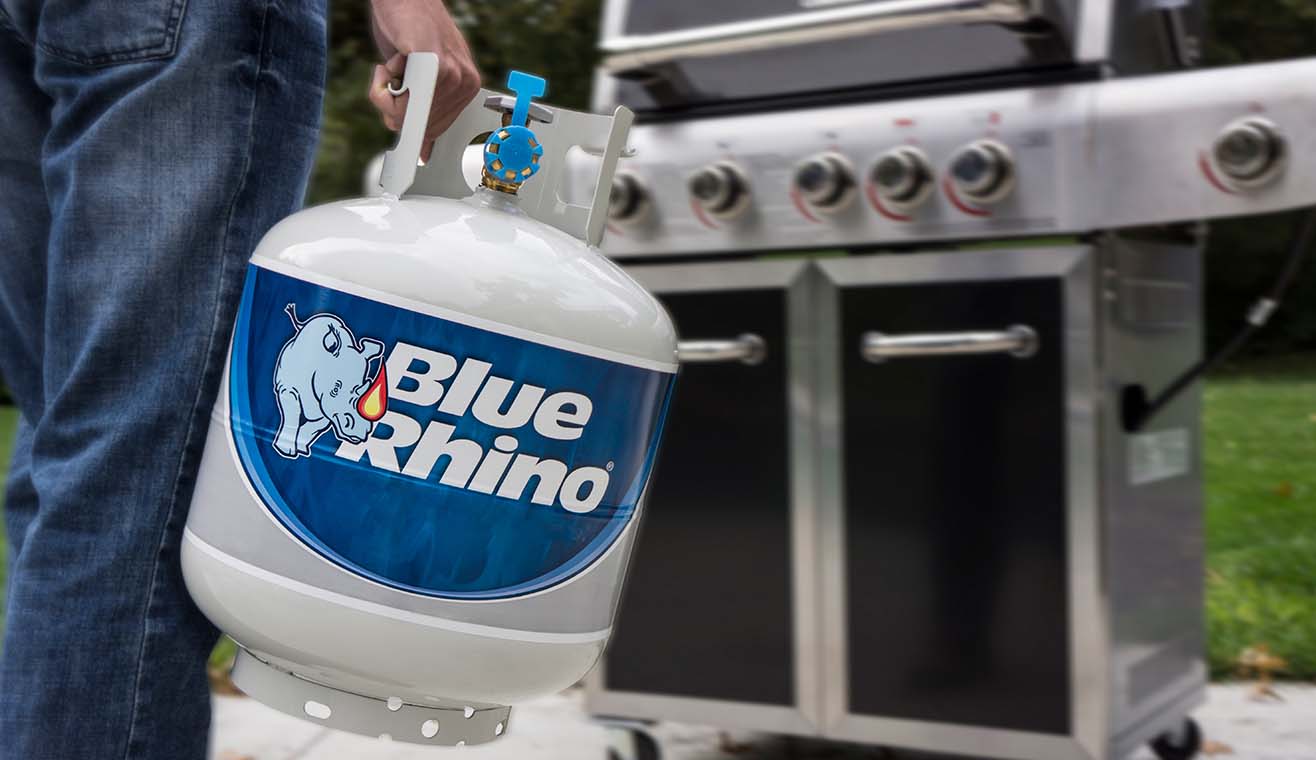
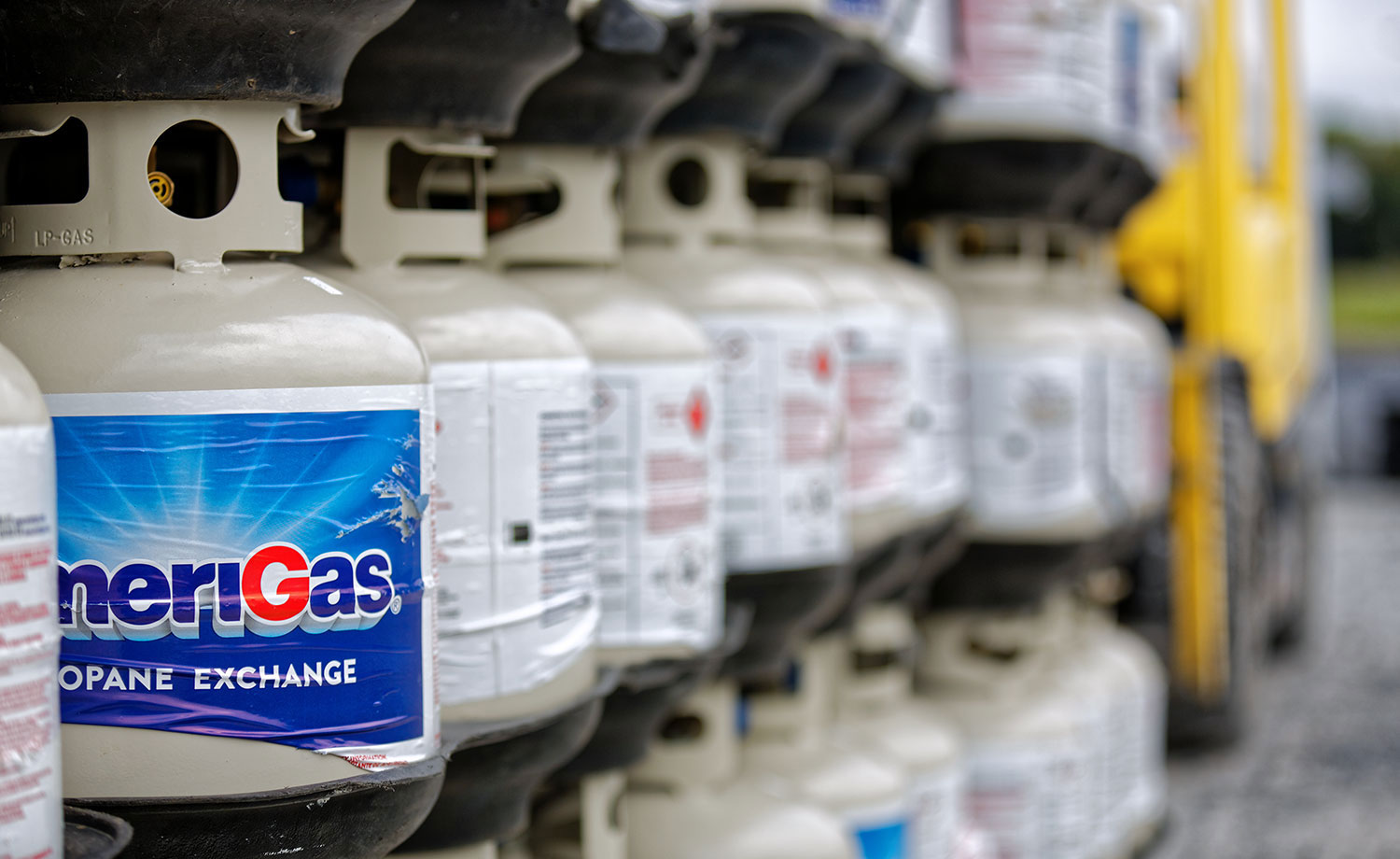
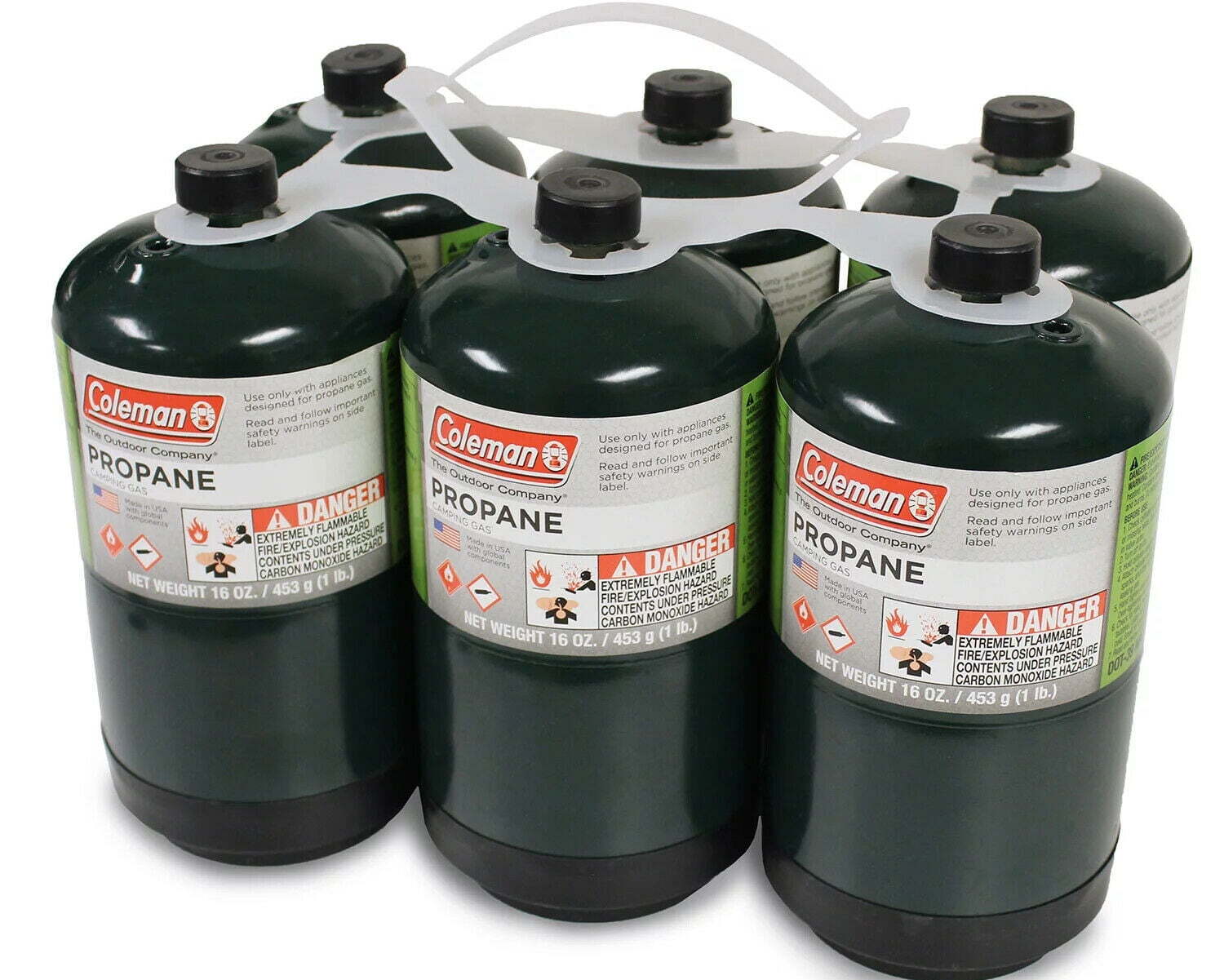
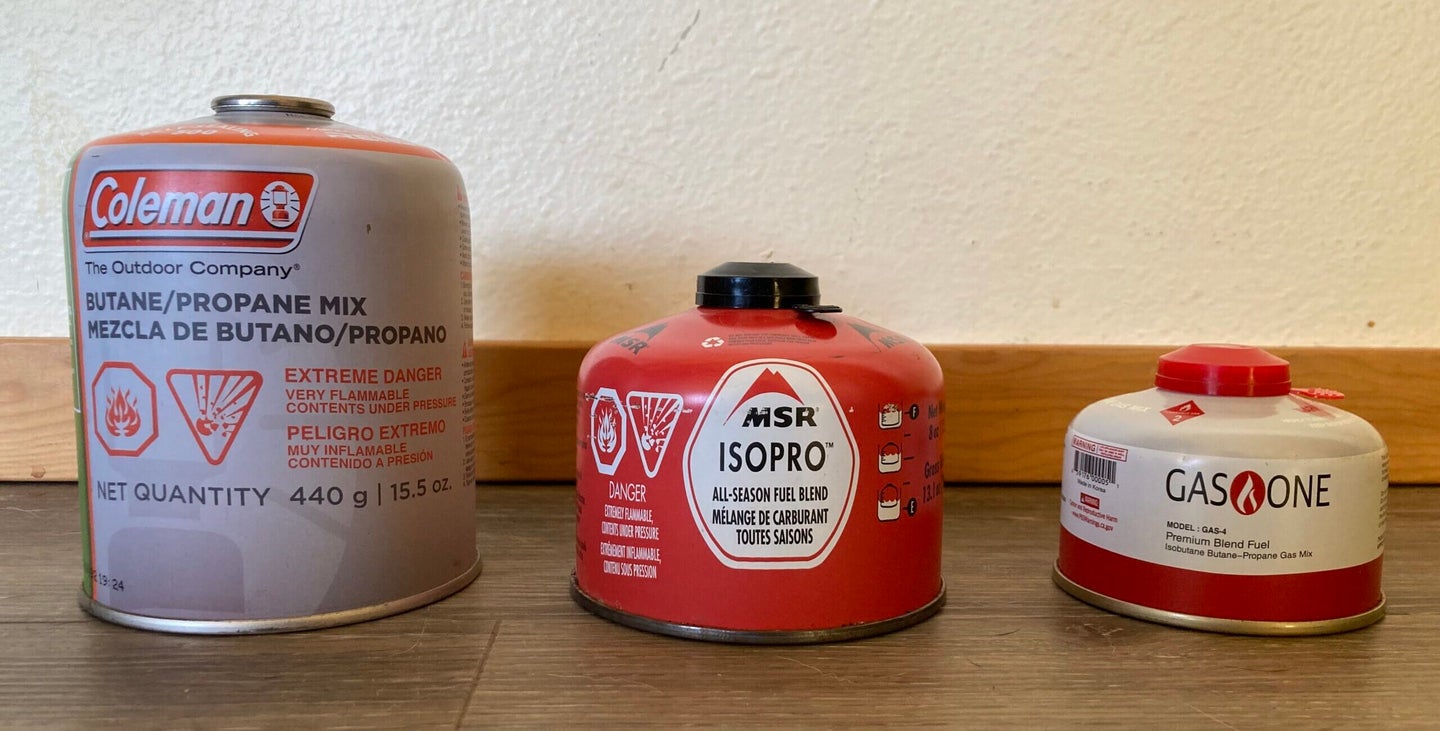
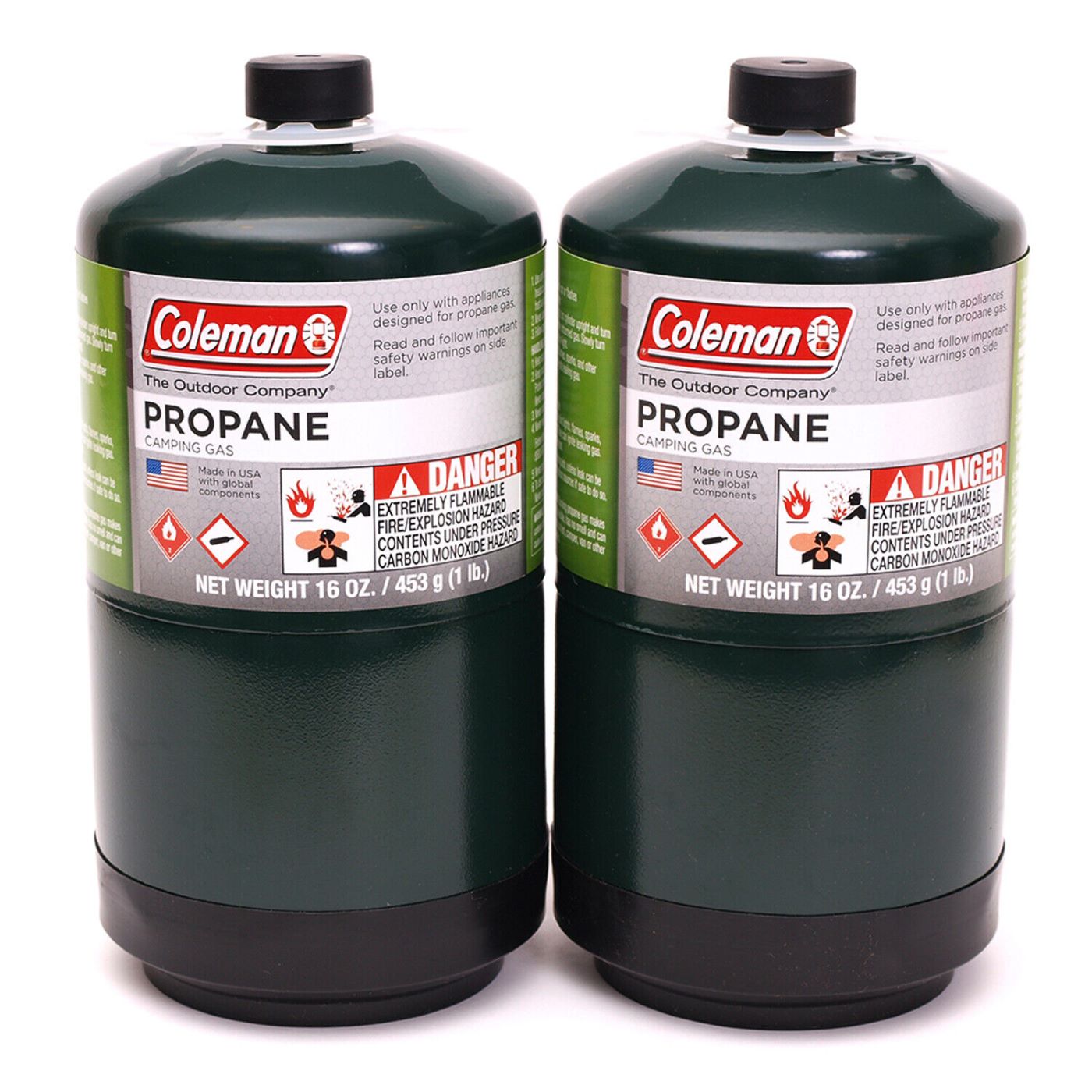
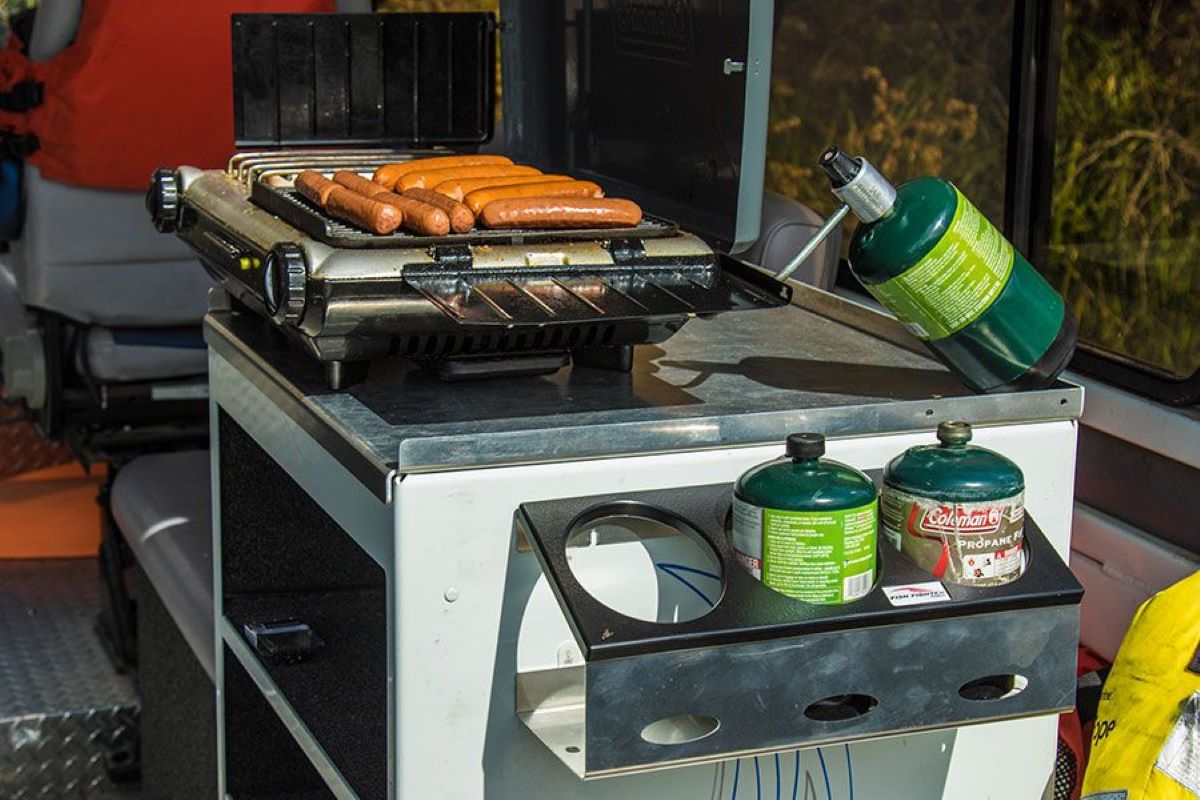
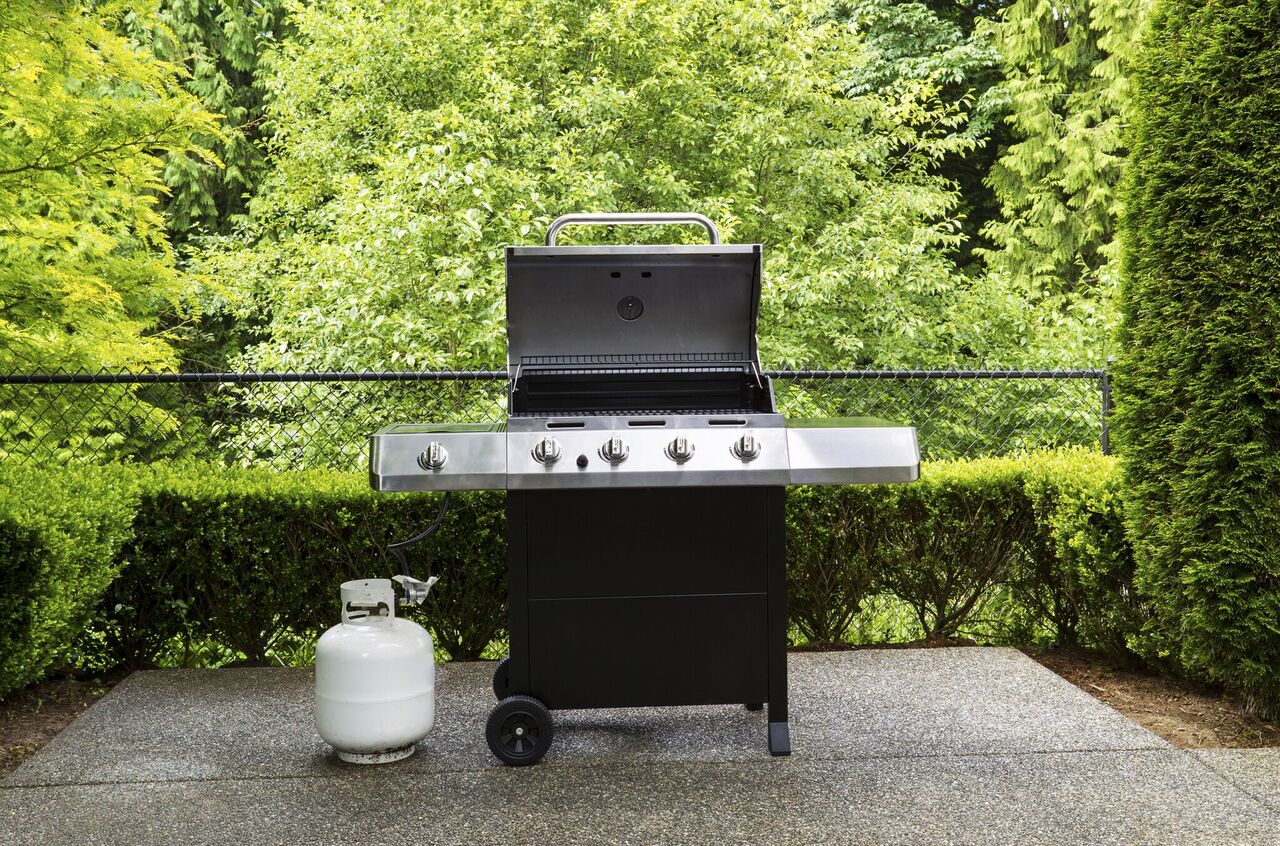
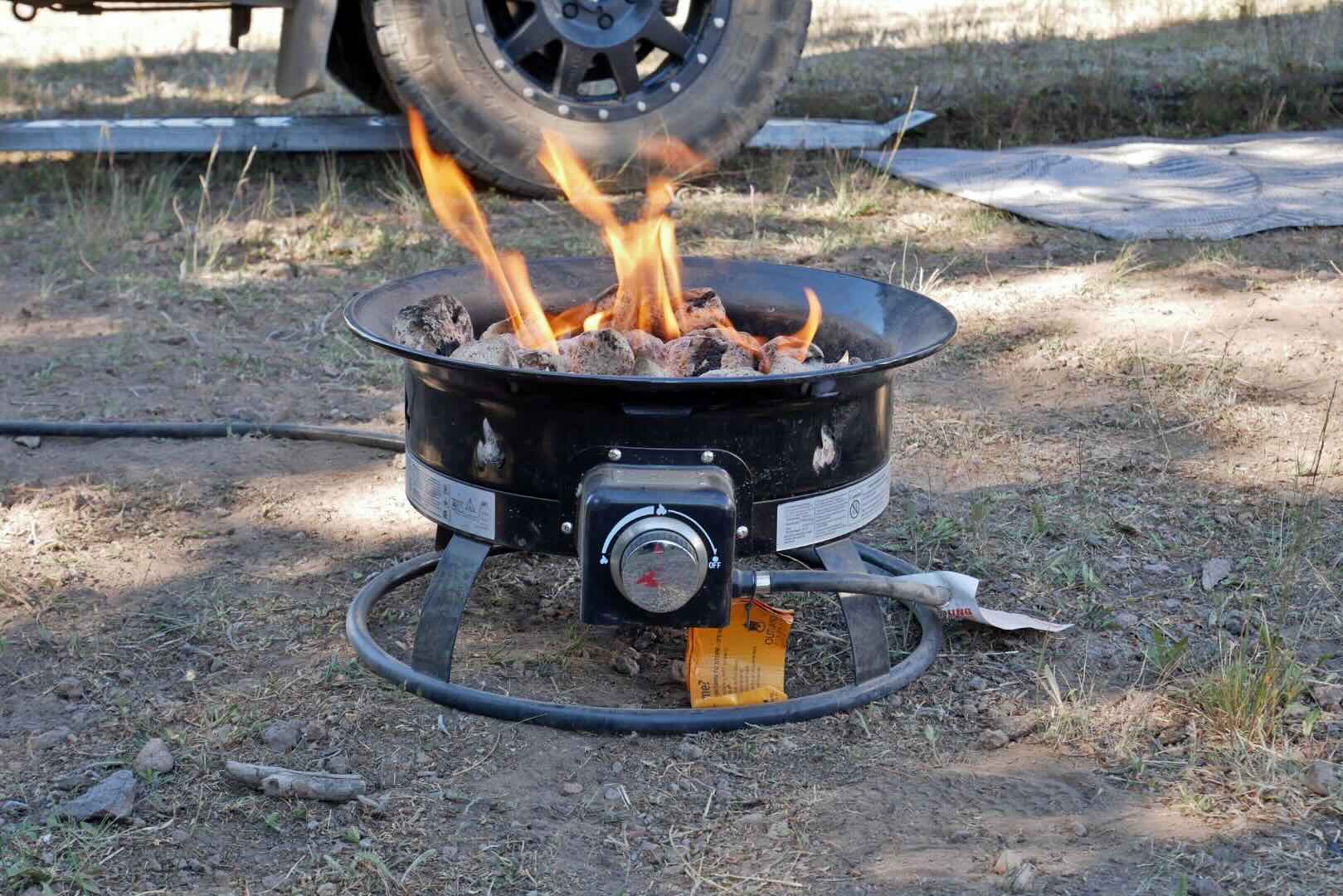
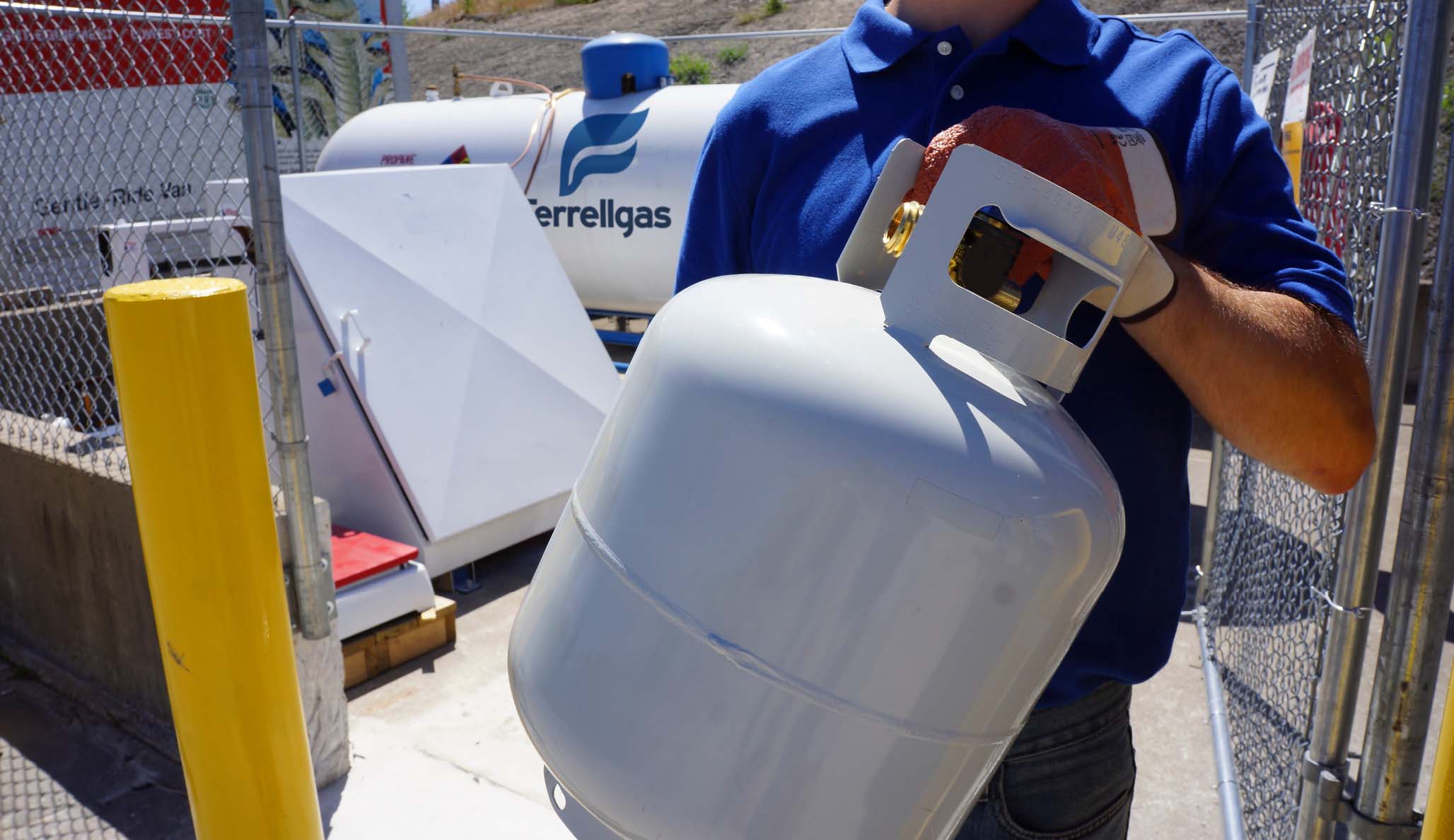
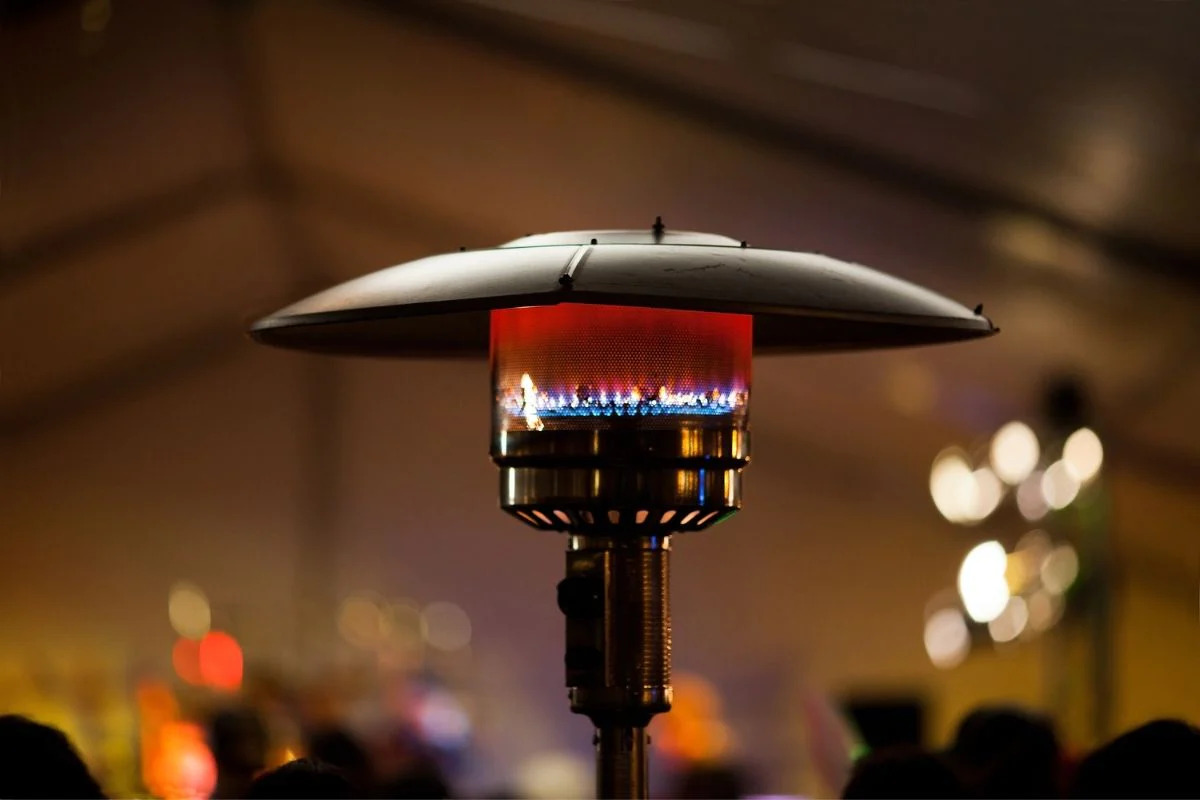
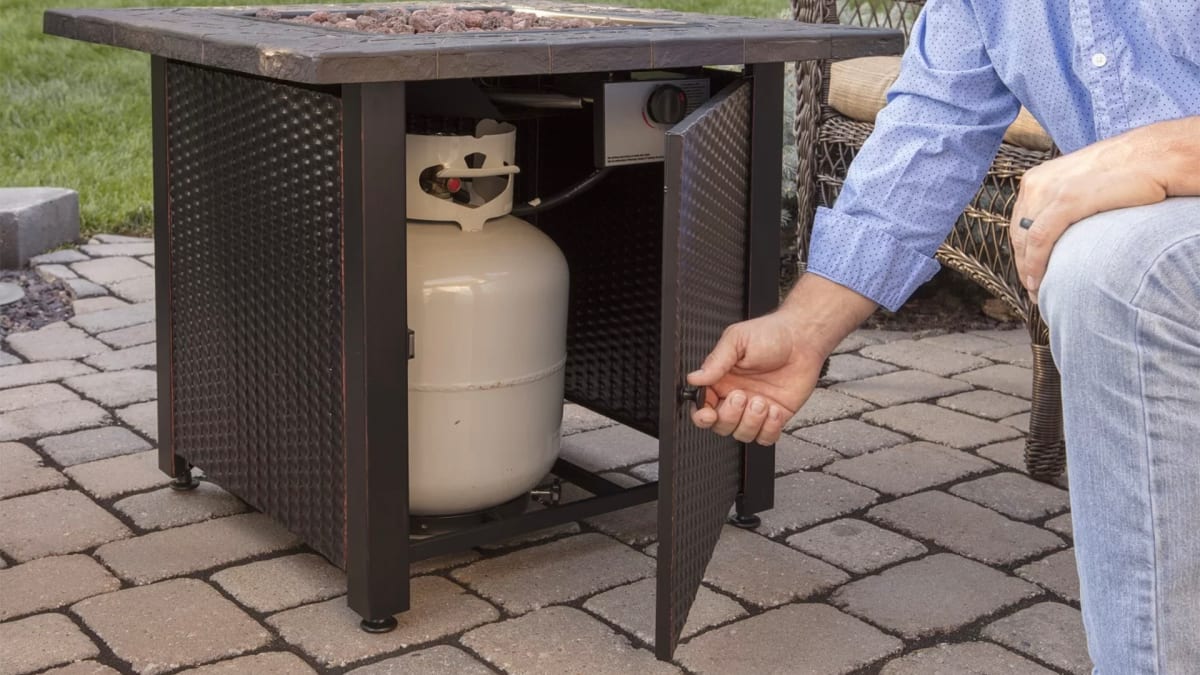
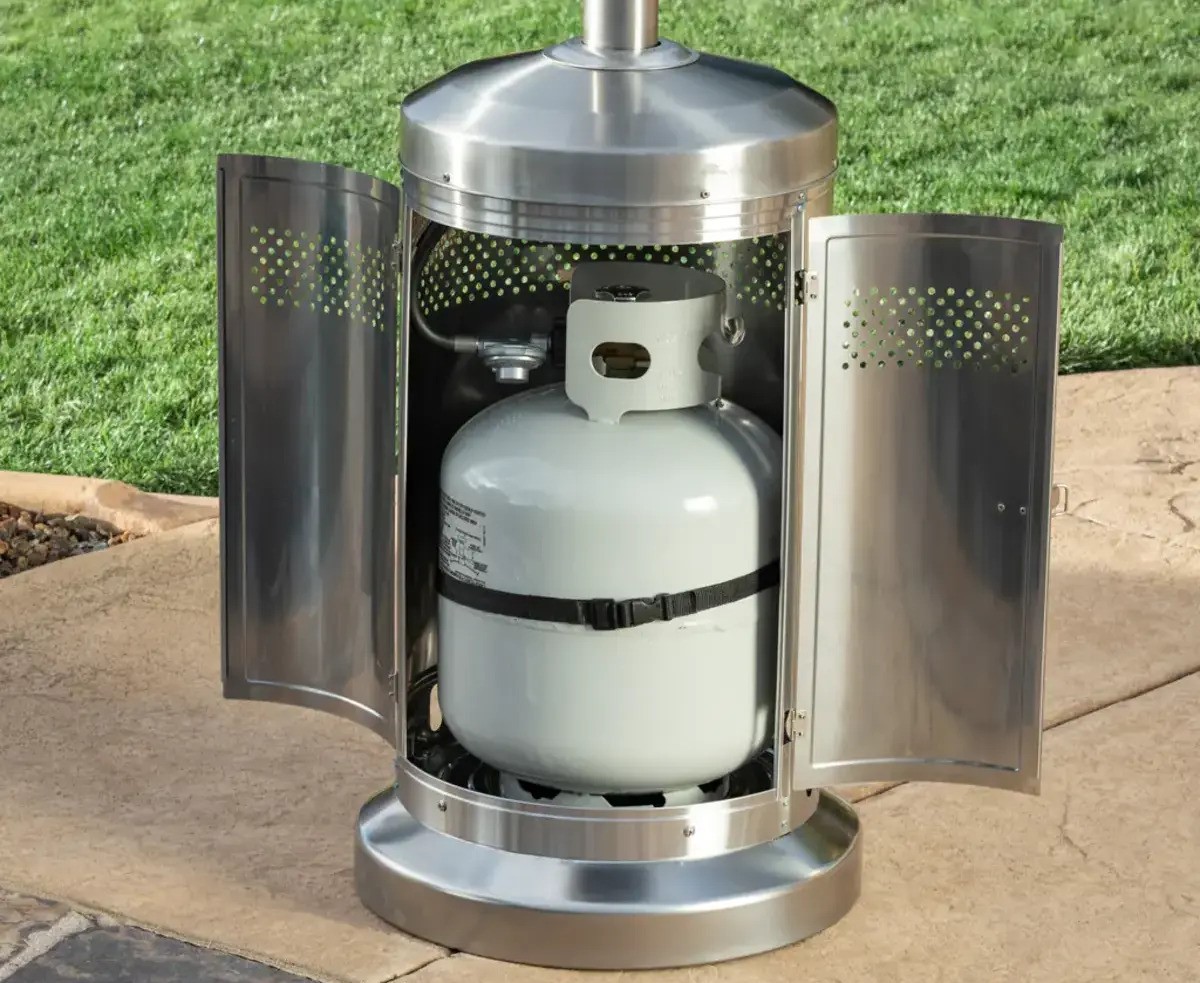
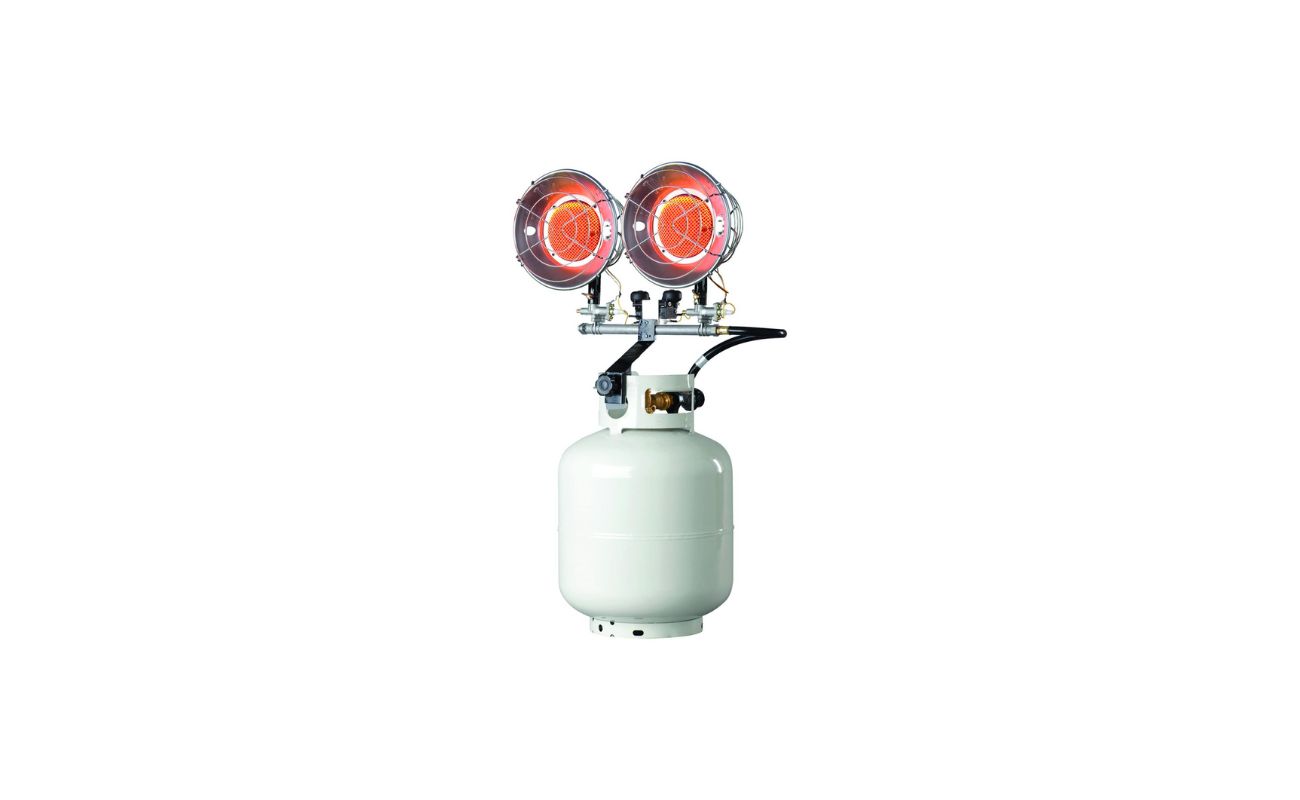

0 thoughts on “How To Store Camping Propane Tanks”